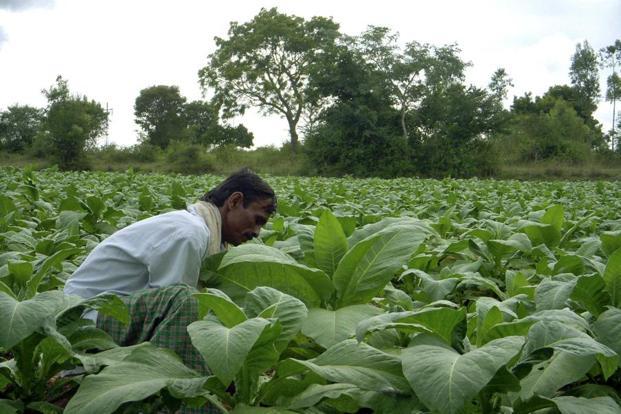ISLAMABAD: Pakistan’s tobacco exports have increased by 137.53 per cent to $2.171 million in July, the first month of fiscal year (FY) 2020-21, from $0.914 million during the same period in the corresponding year, according to the Pakistan Bureau of Statistics (PBS).
Addressing a press conference in National Press Club on Wednesday, tobacco farmers and labourers of Khyber Pakhtunkhwa (KP) thanked National Assembly Speaker Asad Qaiser for helping them withdraw Rs500 per kilogram advance tax on the crop which resulted in 137.53 per cent increase in its exports during the first month of the ongoing fiscal year.
They said that they had informed the National Assembly speaker about their problems, including the advance tax on tobacco leaf, which was hurting the farmers and industry. The speaker had taken up the issue of the advance tax with the Federal Board of Revenue (FBR) before the budget, following which the advance tax of Rs500 per kg on the crop was abolished for industry and labourers.
They added that in terms of volume, the exports of tobacco increased by 151.87 per cent by going up from 268 metric tonnes to 675 metric tonnes.
The farmers said that they have fulfilled their promise by helping the country increase the tobacco exports.
They said that Pakistan was producing quality tobacco crop and there was a huge potential for its exports, hoping that the country could earn a sizable foreign exchange through it with more job opportunities for youth in the sector.
The farmers also urged the multinational tobacco companies to restore all the unemployed workers as they had purchased the product in large quantities this year.
It is pertinent to mention that the speaker has also been heading the National Assembly Special Committee on Agricultural Products to formulate viable policies to boost the agriculture sector as well as the income of growers.




